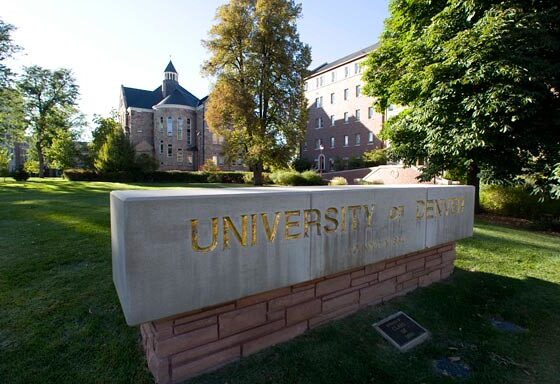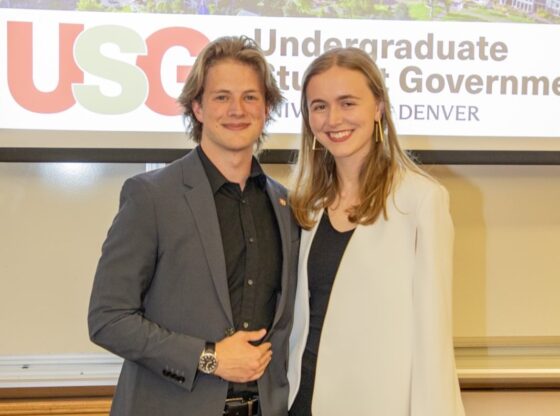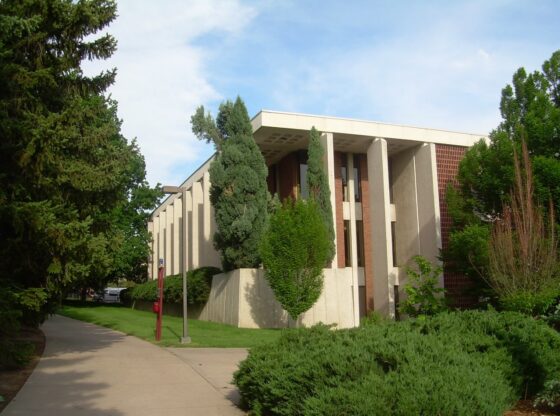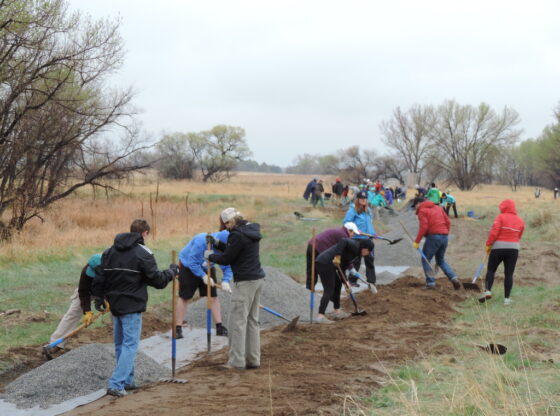Take Back the Tap, a nonprofit organization that promotes sustainable agriculture and protects drinking water, plans to submit a proposal to ban disposable plastic water bottles on campus by 2014 to Chancellor Robert Coombe and Provost Gregg Kvistad within the next few weeks.
The proposal was already endorsed by the Undergraduate Student Government (USG) earlier this month. The Sustainability Council and Wenonah Hauter, the executive director of Food and Water Watch, a Washington D.C.-based nonprofit that works to ensure food and water is safe, endorsed the initiative last February. Take Back the Tap is a division of Food and Water Watch.
Sophomore Andrew Bishop, the campus coordinator for Food and Water Watch, began working on the proposal in January and proposed it to USG in late March. The initiative proposes to “phase out the purchase, sale and distribution of bottled water” and “will reinvest in drinking fountain infrastructure by increasing and retrofitting drinking fountains around campus.”
Bishop said he also hopes to propose the plan to the Faculty Senate and the Staff Advisory Council.
DU’s contract with Pepsi, which supplies bottled water and soft drinks across campus, expires in 2013, which is when DU would have the chance to remove bottled water from campus. Representatives from Pepsi told Bishop they would like to partner with DU to increase recycling; however, this is not Take Back the Tap’s goal.
“I’m not trying to increase recycling,” said Bishop. “I’m trying to get rid of the source of the problem so there are no bottles to be recycled.”
According to the National Resources Defense Council (NRDC), an organization that works to protect animals and the environment, on average, only 13 percent of bottles are recycled. The rest end up in landfills and the ocean.
Americans today consume 1,500 plastic water bottles every second, according to treehugger.com, a group that researches and raises awareness around environmental issues.
Last year, over 95,000 disposable plastic water bottles were used at DU, and many of these were Pepsi bottles, according to Bishop.
Bishop’s goal is to educate students and the public on the health risks and environmental problems associated with bottled water.
Chemicals and bacteria such as arsenic, E. coli and phtalates have all been found in bottled water, according to the NRDC.
Take Back the Tap is planning to distribute 2,000 stainless steel water bottles during orientation week to the incoming freshmen next fall.
“With all the organizations that hand out free, reusable water bottles, there is no reason everyone shouldn’t have one,” said Bishop.










